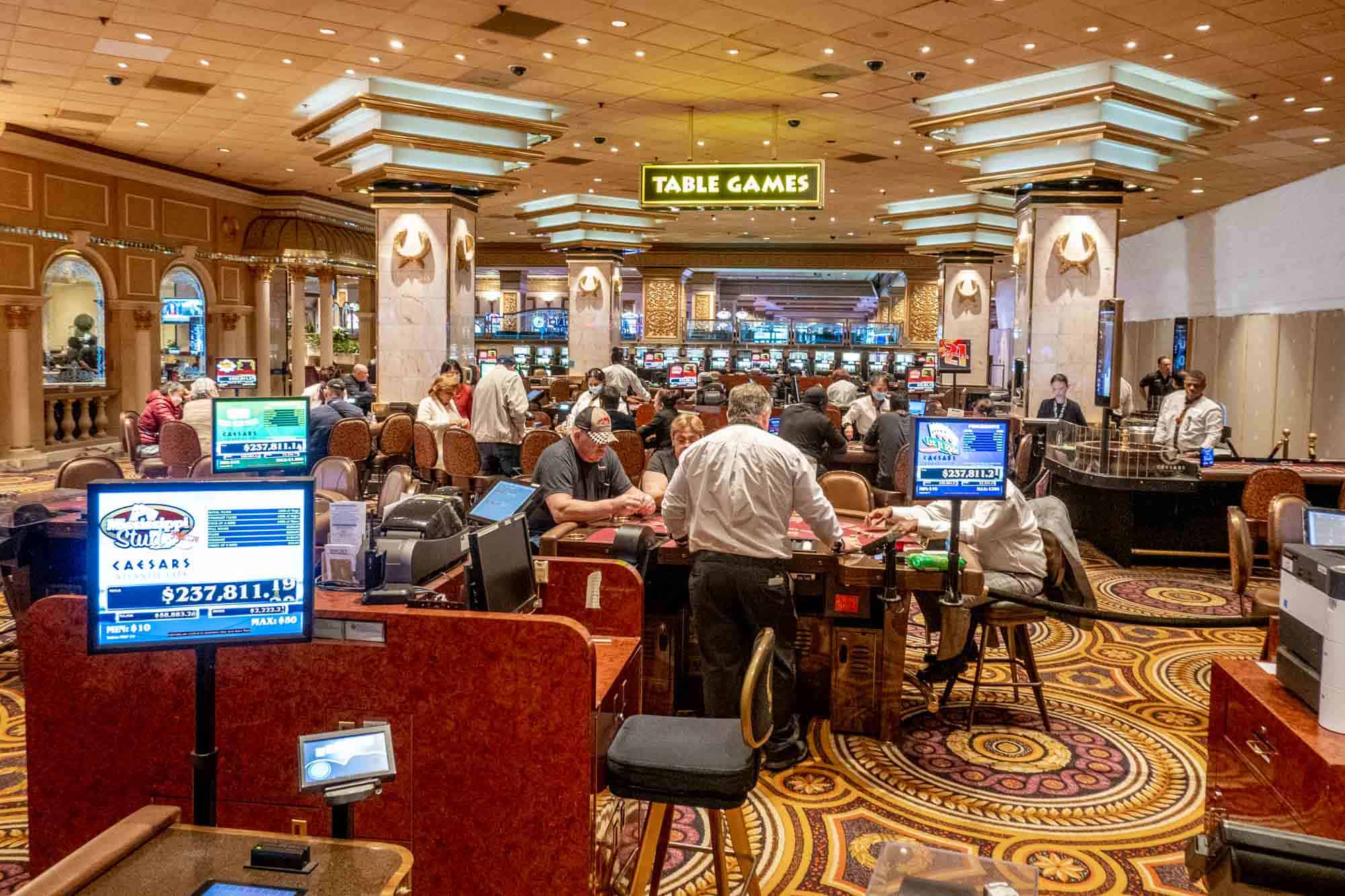In the vibrant world of casinos, few games capture the interest and thrill of players quite like slot machines. The bright lights, engaging sounds, and the thrill of potentially hitting a jackpot make casino slots a popular choice for many people. However, under the captivating exterior lies a sophisticated system known as slot algorithms that determines how these games operate. Grasping how these algorithms work boosts the appreciation for the game and assists players make more informed choices.

In this article will take a deep dive into the mechanics of slot algorithms, exploring the intricacies that control everything from reel spins to payout rates. https://bl555b.com/ We’ll explore how randomness is attained, the role of RTP, and the various types of slot machines available in the current market. Whether you’re a seasoned player or a newcomer eager to discover more about casino slots, this exploration will offer valuable insights into how these cherished games function.
Grasping Slot Mechanisms
Machine mechanisms are the foundation of casino slot games, establishing how each turn yields results. At the center of these mechanisms are RNGs, also known as RNGs, which guarantee that each spin is totally arbitrary and separate from the prior one. This randomness is essential for maintaining equity in the game, enabling players to have a just expectation of winning based on luck instead of predictable outcomes.
In addition to random number generators, machine algorithms use multiple programming techniques to control the casino’s mechanics. The RTP percentage, or RTP, is a critical element that players should take into account. This percentage represents the mean quantity of money that players can hope to get back over time. For illustration, a machine with an RTP of 96% will theoretically give back 96 USD for every 100 dollars wagered, although real outcomes can differ significantly in the immediate future due to the arbitrariness of every spin.
Moreover, slot machines incorporate elements like variance and strike rate, which influence the player’s experience and potential payouts. High volatility slots offer bigger jackpots but fewer regular payouts, while low variance slots offer greater steady, lesser payouts. Understanding these factors helps players select the machines that align with their strategies and risk, eventually improving their experience in the casino slots environment.
Types of Slot Machines
Slot machines come in different varieties, each offering distinct gameplay experiences. The traditional slot machines, often referred to as fruit machines, are characterized by their simple design with 3-reel configurations and a limited number of paylines. These machines typically feature traditional symbols such as fruit icons, bars, and number seven. They are designed for gamers who enjoy a simple gaming experience without intricate bonus features. The charm of classic slots lies in their sentimental value and simplicity, making them well-liked among both novice and seasoned players.
Video slots have transformed the casino slots gaming scene by incorporating advanced graphics, animations, and engaging themes. These machines usually feature 5 or more reels and several paylines, providing players with a variety of ways to win. Video slots often include captivating bonus rounds, free spins, and engaging features that enhance the overall experience. This type of slot machine caters to a wide range of players, as they can find games based on blockbuster films, gaming franchises, or fantasy worlds, making the gameplay more engaging.
Progressive jackpot slots are another thrilling variant that attracts those looking for transformative wins. In these machines, a small portion of each bet contributes to a cumulative jackpot that continues to grow until someone hits the big win. Progressive slots can be found in both traditional and video formats, and they often come with lower base payouts but offer the enticing chance to win massive prizes. This mix of high risk and high reward is attractive to players who seek thrills in their casino slots game experience.
The Role of Randomness in Slots
In the world of casino slot machines, chance is the essence that ensures each spin is unique and erratic. This element is essential because it generates the excitement of winning opportunities and keeps gamblers engaged. The randomness is usually generated by RNGs, which are systems designed to generate a series of numbers that are devoid of any regular pattern. This technology simulates the randomness of traditional mechanical slot machines, guaranteeing that today’s digital games maintain the same level of excitement.
Every time a gambler hits the spin lever, the RNG determines the result of that specific spin, affecting the icons that show up and whether a player will win any rewards. This means that each spin works independently from prior attempts, and the odds remain constant despite the results of past spins. This feature of randomness stops players from formulating strategies that could overcome the house edge, supporting the notion that slots are games of chance where luck plays a crucial role.
Additionally, the integration of randomness in casino slot machines also promotes transparency and equity. Game developers must comply with strict regulations, ensuring that their RNGs produce results that are truly random and neutral. This dedication to fair play helps build trust between players and casinos, giving them assurance that every spin offers a fair shot at winning. Ultimately, the role of randomness not only drives the thrill of casino slot machines but also protects the equity essential to their attraction.